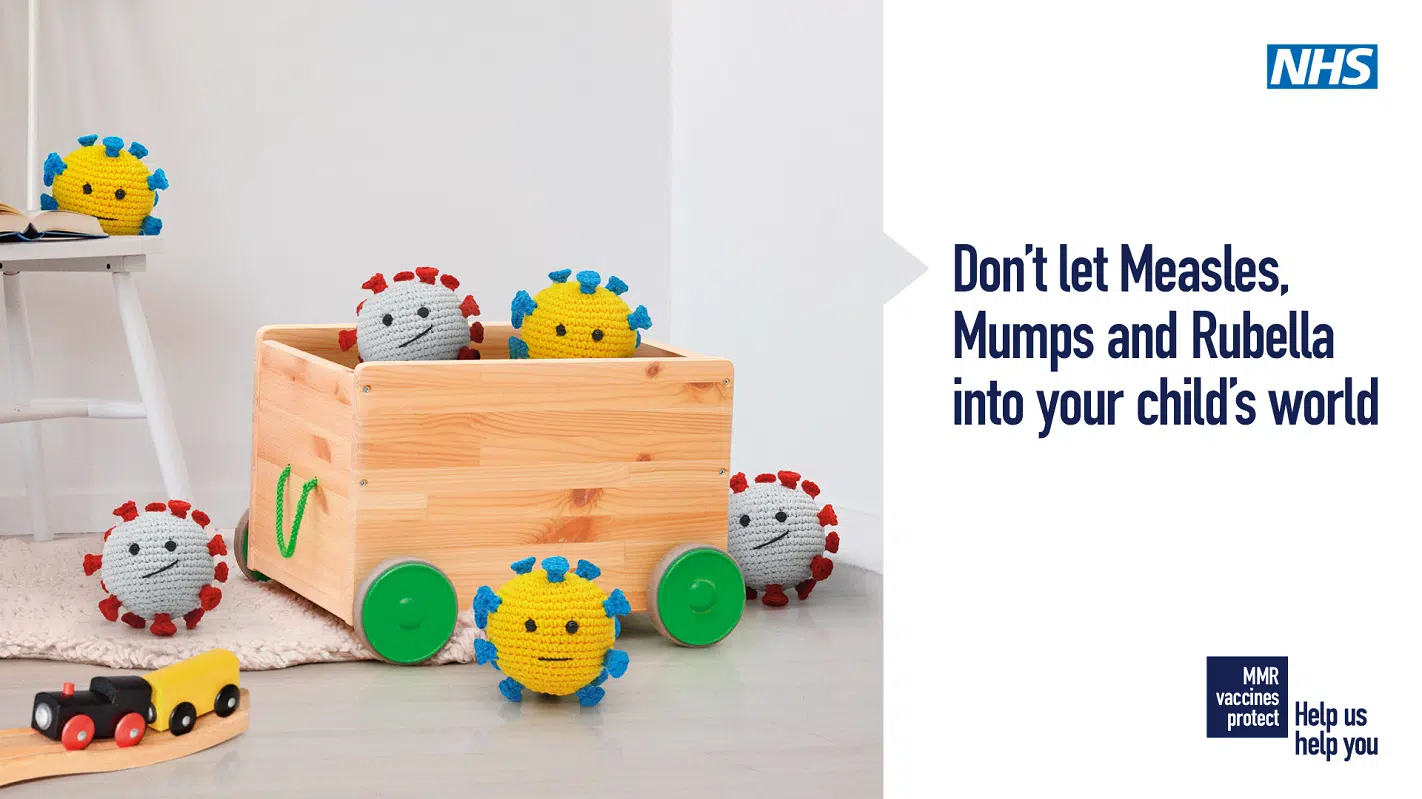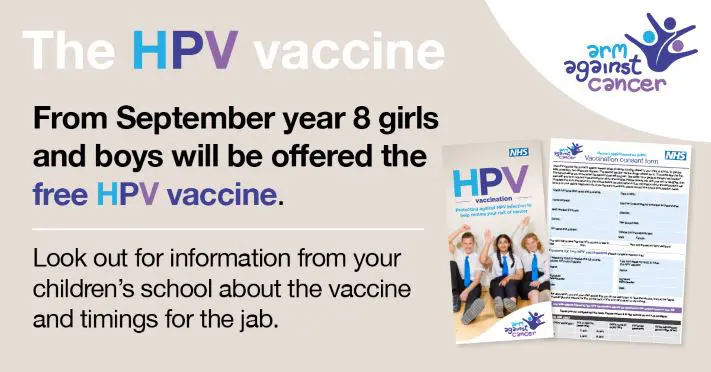As the new school year starts, with children about to start school for the first time, many parents will have a list of things needed for the big day: haircut, new shoes, school bag, etc. This is an exciting time for families. One important thing for the list is whether their child needs any vaccines. As children starting school will be mixing in larger numbers, the risk of catching infections increases.
Fortunately, although unpleasant, most of these such as cough and colds will be mild even if they are frequent! However, where numbers of unvaccinated children gather, there is also a risk of outbreaks of more serious infections.
Measles is top of the list of potentially serious infections where outbreaks are likely. This is because it is so highly infectious – considered the most infectious – and, to prevent outbreaks, very high uptake (95%) of two doses of measles, mumps, rubella (MMR) vaccine are needed. Unfortunately, this target vaccine uptake has never been met in the UK and current MMR vaccine uptake is the lowest for a decade: 2 in every 10 children in England have not had two doses of vaccine. In London, this figure is as high as ¼ of 5-year-olds entering school, while in some parts of the capital as many as a half of children are not fully vaccinated (NHS Digital 2023).
The situation is such in London that UKHSA has advised that, based on current vaccine uptake, there is the potential for an outbreak of between 40,000 and 160,000 cases (UKHSA 2023). These numbers make it inevitable that there would be many hospital admissions for measles, with complications such as pneumonia and encephalitis as well as deaths. Although large outbreaks are less likely in the country as a whole, there is this possibility where there are pockets of susceptible children, young people and adults.
So, what can be done? Fortunately, we have the means to prevent measles outbreaks through MMR vaccination. It is easy to check children’s vaccination status, by either looking at their red book or, if not available, checking with the GP surgery. Where vaccines are missing, they can be caught up at the GP surgery. Even though vaccines may have been missed at younger ages, for most there is no upper age limit, they can be caught up at any age. This does not require starting the course all over again – they just need the missing vaccines. Older children and young adults are also recommended to have had two doses of MMR vaccine, particularly those who are starting university in the next few months. This is particularly important as many young people missed out on their vaccines when they were young, and we have seen many cases of measles in recent outbreaks in this age group when disease is often more severe.
Don’t forget to also remind parents about the pre-school-booster vaccine. Usually offered at 3 years 4 months along with the second dose of MMR vaccine. This boosts immunity to diphtheria, tetanus, whooping cough and polio through the early school years and is an important part of the vaccine schedule.
Professor Helen Bedford – Professor of Children’s Health, Population, Policy and Practice Research and Teaching Department, UCL Great Ormond Street Institute of Child Health
References
- NHS Digital, UKHSA. Childhood Vaccination Coverage Statistics
- UK Health Security Agency. Risk assessment for measles resurgence in the UK
Also see:
Parent Tips
- PT – Childhood Immunisations Part 1: An introduction to childhood immunisations
This Parent Tip provides some useful information on the childhood vaccination programme, explaining how vaccines work, how they are regulated and why it is important to ensure that your baby receives all the recommended immunisations. - PT – Childhood Immunisations Part 2: Frequently asked questions
It is natural to have questions about your baby’s immunisations. This second part of our Parent Tip series on immunisations provides answers to “Frequently Asked Questions” and has been written by leading national experts. It covers FAQs on getting your baby immunised and what to expect, including information on things such as soothing your baby during and after vaccinations, and what to do if they are poorly on the day of their appointment.
Good Practice Points
- GPP – Promoting the Uptake of Childhood Immunisations
The immunisation programme in the United Kingdom (UK) is a key component of the Healthy Child Programme. It is important for health visitors to be aware of current research and practice to promote immunisation uptake and know where to go for information.




